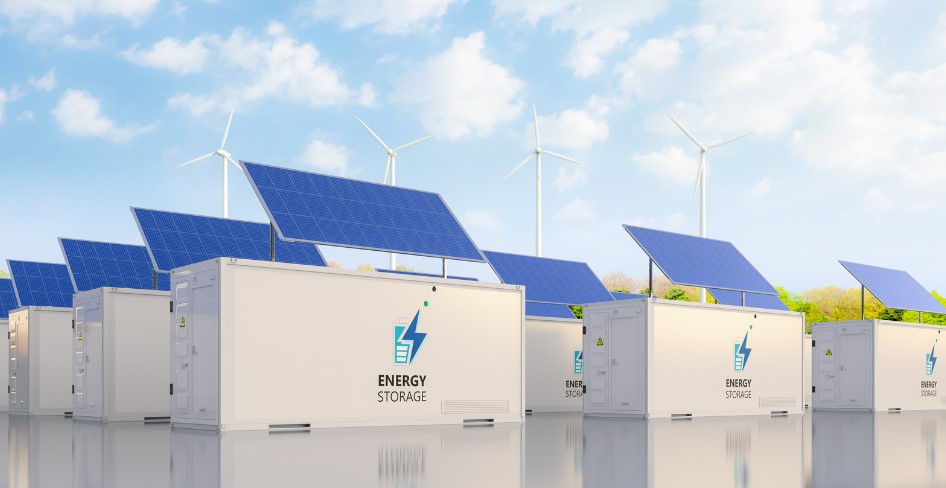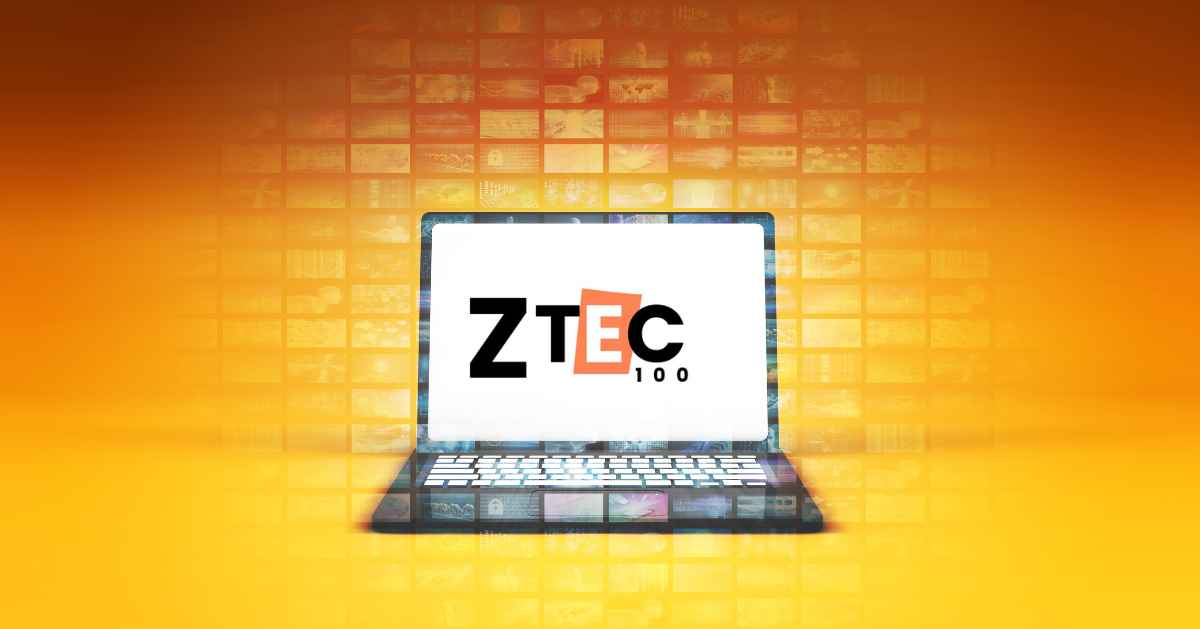Factors for Selecting a Large-Scale Solar Battery Storage System

Are you thinking about upgrading your energy system with storage for solar batteries? As more businesses and industries shift towards renewable energy, the need for efficient and reliable storage solutions has grown. These battery storage systems can help manage energy usage, reduce costs, and support sustainability goals.
However, selecting the right framework for large-scale applications can be daunting. It requires careful consideration of various technical and financial aspects. This guide explores key factors when choosing a large-scale solar battery storage system.
Capacity and Power
Understanding Your Energy Needs
Understanding your energy needs is one of the first steps in selecting a battery storage framework. How much energy does your facility consume daily? Peak demand periods and total energy consumption will help determine your system’s capacity and power requirements. High-capacity batteries are essential for large-scale operations, ensuring they can store enough energy to meet your demands.
Evaluating Power Output
The power output of a storage system is equally important. It defines how quickly the stored energy can be delivered. A higher power output is often necessary for large-scale frameworks to manage peak loads efficiently. Assess your power needs during different times of the day to choose an energy storage system that matches your operational demands.
Battery Life and Efficiency
Longevity Matters
Solar batteries are a significant investment, so selecting one with a long lifespan can provide better value over time. Check the manufacturer’s specifications for the product’s expected life cycle, usually measured in charge-discharge cycles. A longer life cycle means fewer replacements and lower maintenance costs.
Maximising Efficiency
Efficiency is another vital consideration. Efficient batteries store and discharge energy with minimal losses. Look for high round-trip efficiency batteries, indicating how well they retain energy from charging to discharging. Highly efficient options reduce energy wastage, improving overall system performance and cost savings.
Compatibility and Integration
Seamless Integration with Existing Systems
Your chosen storage system must be compatible with your existing solar setup and other energy management systems. Ensure the battery can integrate seamlessly with your solar panels, inverters, and grid connections. Compatibility issues can lead to inefficiencies and additional costs.
Smart Energy Management
Modern solar battery systems often come with advanced energy management features. These include real-time monitoring, automated energy distribution, and smart grid connectivity. These features can optimise energy usage, improve reliability, and provide valuable insights into energy consumption patterns.
Safety and Reliability
Prioritising Safety Features
Safety should always be a top priority when selecting a system. Large-scale batteries store substantial amounts of energy, posing risks if not managed properly. Look for the ones with robust safety features, such as thermal management, overcharge protection, and emergency shutdown mechanisms. These features help prevent accidents and ensure the safe operation of your battery system.
Proven Reliability
Reliability is crucial for large-scale operations. A reliable solar storage framework minimises downtime and maintains a consistent energy supply. Research the manufacturer’s reputation and look for frameworks with proven track records in similar applications. Reliable batteries reduce the risk of unexpected failures and costly disruptions.
Cost and Return on Investment
Assessing Upfront Costs
The initial cost of a storage framework can be significant. However, it’s essential to consider the long-term benefits and savings. Compare different frameworks’ upfront costs and factor in installation expenses, maintenance, and potential upgrades. High-quality batteries may have higher initial costs but offer better performance and longevity.
Calculating ROI
Return on investment (ROI) is a crucial metric for evaluating the financial viability of a storage framework. Calculate the potential savings from reduced energy bills, lower demand charges, and possible incentives or rebates. A framework with a strong ROI can provide significant financial benefits over its lifespan.
Choosing a large-scale solar battery storage system involves careful consideration of various factors. You can make an informed decision by assessing these above-mentioned factors. Remember, a well-chosen solar battery system is not just an investment in your operations but also in a cleaner, more sustainable future.






